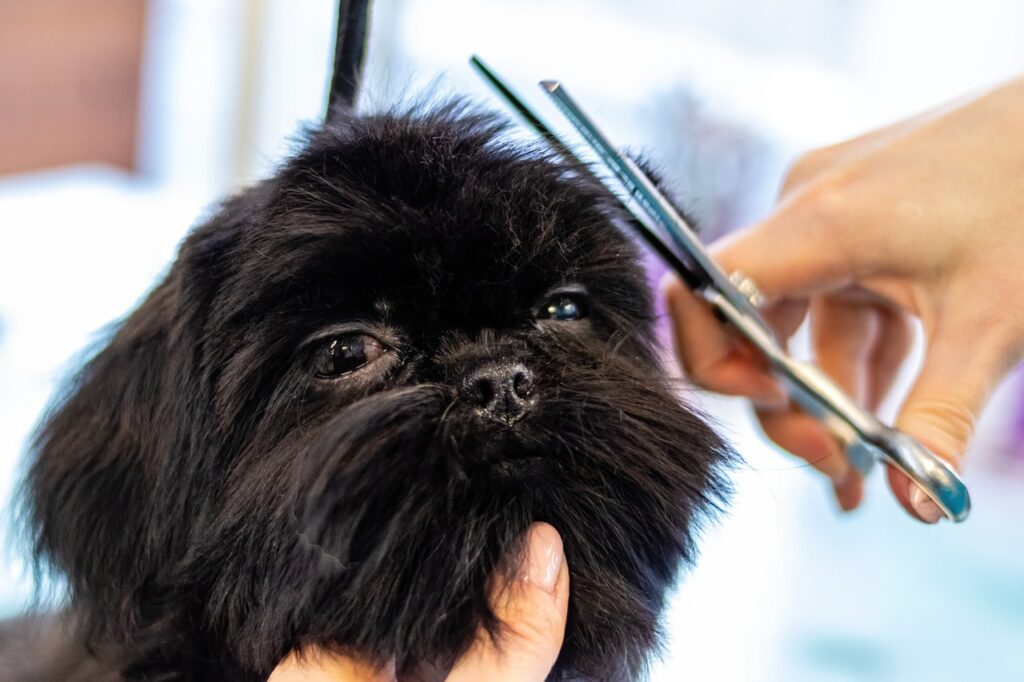
Fleas are more than just a minor inconvenience for you and your pets; they can become a significant problem if not dealt with effectively. These tiny, blood-sucking parasites can multiply rapidly, causing discomfort and health issues. In this blog post, we’ll explore efficient flea control methods to help you keep your home and pets flea-free.
Why Flea Control is Important
Fleas are not only irritating; they can also transmit diseases and cause allergic reactions in both pets and humans. A flea infestation can lead to:
- Skin Irritation: Flea bites can cause itching and discomfort.
- Allergic Reactions: Some pets and people are allergic to flea saliva.
- Disease Transmission: Fleas can transmit diseases like tapeworms and Bartonella.
Preventive Measures
Regular Pet Grooming
Regular grooming is essential for flea control. Use a flea comb to check for fleas and flea dirt (tiny black specks). Bathing your pet with a flea shampoo can also help.
Vacuuming
Frequent vacuuming can remove fleas and their eggs from carpets, upholstery, and other areas where they hide. Make sure to dispose of the vacuum bag immediately.
Yard Maintenance
Keep your yard clean and well-maintained to discourage flea infestations. Trim grass and bushes regularly.
Treatment Options
Chemical Treatments
- Flea Collars: These collars release chemicals that kill or repel fleas.
- Topical Treatments: These are applied directly to the pet’s skin.
- Oral Medications: Pills that can kill fleas quickly.
Natural Treatments
- Diatomaceous Earth: This natural, non-toxic powder can be sprinkled around the home.
- Essential Oils: Some oils like lavender and cedarwood can repel fleas.
- Apple Cider Vinegar: A diluted solution can be sprayed on pets to deter fleas.
Professional Help
If the infestation is severe, it may be necessary to seek professional pest control services. They can treat both your home and yard.
10 FAQs on Flea Control
1. How do I know if my pet has fleas?
Look for signs like excessive scratching, red or irritated skin, and flea dirt.
2. Can fleas live on humans?
Fleas prefer animal hosts but can bite humans.
3. How long do fleas live?
The lifespan of a flea can range from several weeks to several months, depending on the conditions.
4. Can fleas survive in cold weather?
Fleas can survive in a dormant state during cold weather but are most active in warm, humid conditions.
5. Are flea collars effective?
Flea collars can be effective but are generally not sufficient for severe infestations.
6. Can I use essential oils on my cat for flea control?
Be cautious when using essential oils on cats, as some can be toxic. Always consult your vet.
7. How often should I vacuum to control fleas?
Vacuum at least once a week, focusing on areas where your pet spends time.
8. Can fleas transmit diseases to humans?
Yes, fleas can transmit diseases like Bartonella, also known as Cat Scratch Disease.
9. Are natural treatments as effective as chemical treatments?
Natural treatments can be effective but may require more frequent application.
10. When should I seek professional help for flea control?
If you’ve tried multiple methods and still have a flea problem, it may be time to consult a professional.
Conclusion
Effective flea control is crucial for the health and comfort of both your family and pets. By taking preventive measures and choosing the right treatment options, you can keep your home and pets flea-free. Always consult your vet for the best flea control methods suitable for your pets.
Remember, the key to efficient flea control is consistency and vigilance. Keep an eye out for signs of fleas and act quickly to eliminate them.

